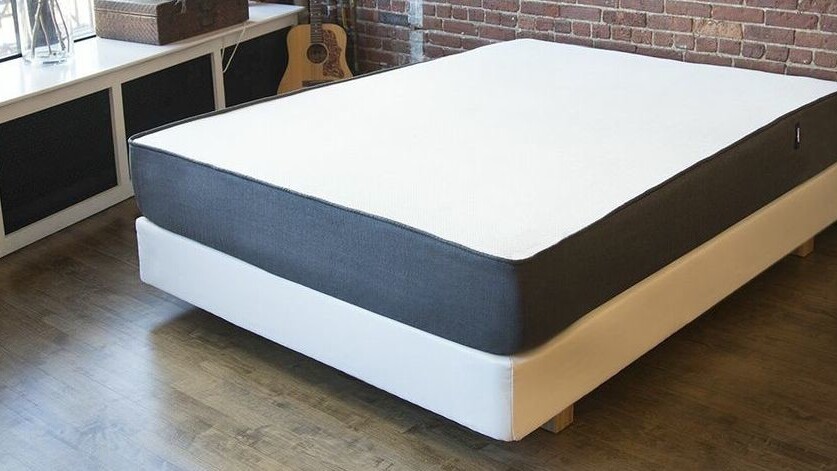
Plenty of startups are interested in tracking your sleep, but Casper is working from the bottom up with the launch of a re-engineered mattress and an innovative distribution model for it.
Mattress buying is one of the few consumer experiences that remains extremely unpleasant. There are too many choices, pricing is frustrating and getting a mattress back to your home is a feat.
The Casper team has rethought the whole process. Designers with experience at Sealy, IDEO and Muji created the mattress using a combination of memory foam and latex foam. To cut down on customer confusion, the company only sells one model. The Twin size costs $500, a Queen costs $850 and the King is priced at $950.
“The mattress is completely unique and bespoke. We broke down the supply chain and worked with every supplier that goes into the mattress,” Casper CEO Philip Krim said in an interview.
Casper offers free shipping anywhere in the continental US. The mattress, which is made in the US, comes folded up in a box that fits inside the trunk of a cab. Customers can try the mattress for 40 days and send it back for free if they don’t like it. If you’re in NYC, you can get same-day delivery on the mattress, through Uber or Zipments.

Krim estimates that Casper’s direct-to-consumer business model allows it to offer a mattress that would cost three to four times as much if sold through the traditional distribution methods.
To build its product, the startup set up a sleep lab in its offices using sleep trackers to monitor the sleep quality of different designs. At one point, Casper had six Twin beds lined up side by side to rank them. Krim claims that the end result is one of the most comfortable beds ever created.
In the run-up to launch, the Casper team has been too busy to get away with sleeping on the job, though Krim did say that one co-founder had been caught sneaking naps on a prototype during the day.
Casper has raised $1.85 million in seed funding from Lerer Ventures and others. The company is committed to improving the whole experience around sleep, so you can expect to see a line of pillows and sheets down the road.
When I asked Krim whether we’ll ever see a futuristic “smart bed” that incorporates new connected technologies, he replied that the firm had spent a “good amount of time” thinking about it but didn’t have anything to talk about publicly yet.
I’m extremely excited about Casper. My bed is one of my favorite places to be, and I spend more time in it than anywhere else. Ideally, we’ll spend roughly a third of our lives on our mattresses. If Casper has really succeeded in improving our sleep at a reasonable cost, it’s going to have a substantial impact on our productivity and quality of life.
Get the TNW newsletter
Get the most important tech news in your inbox each week.





